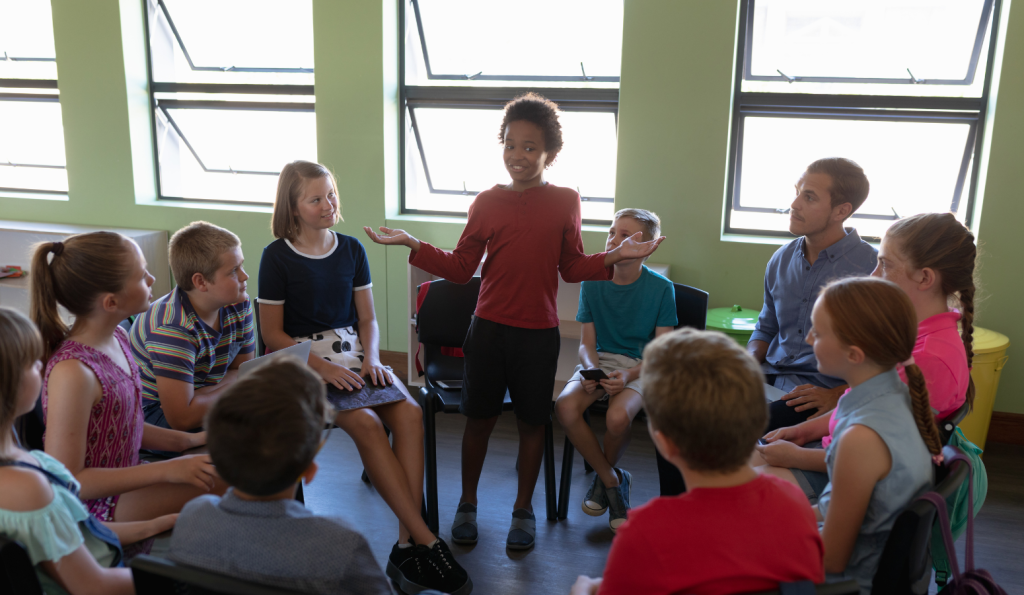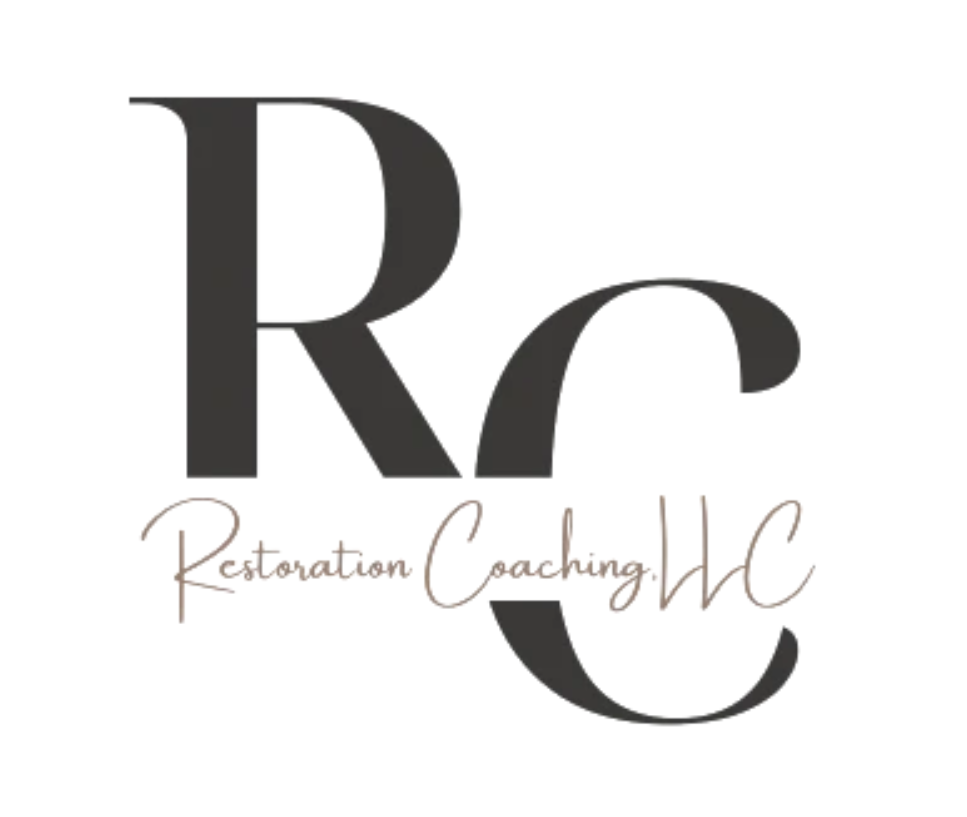By Janecia Rolland, MFT/PCC
February 18, 2025

Discover how adopting a restorative mindset shifts school culture, deepens connection, and equips educators to lead with empathy and impact.
Restorative practices are not just about conflict resolution—they’re about relationship cultivation. At their core, they ask us to shift from a punitive lens to a relational one. And while many schools and organizations are familiar with the theory of restorative work, far fewer are putting it into consistent, culturally responsive practice.
That’s where transformation begins.
It’s More Than Circles and Reflection Prompts
I’ve seen it happen time and time again: a school implements restorative circles, maybe a peer mediation program, but still struggles with high discipline referrals, staff burnout, and disconnect among students.
Why?
Because restorative practices aren’t just tools—they’re a mindset. A way of being. Without addressing the underlying beliefs about power, punishment, behavior, and belonging, we’re just applying strategies without changing systems.
A restorative mindset centers on empathy, accountability, choice, and co-created solutions. It’s less about “fixing behavior” and more about asking: What happened? What was the impact? And how can we restore trust and move forward—together?
From Surface-Level Practice to Cultural Shift
A true restorative mindset transforms how schools function at every level:
- Administrators begin to view discipline through the lens of repair, not removal.
- Educators start building proactive relationships that prevent harm before it escalates.
- Students feel seen, heard, and empowered to take ownership of their behavior.
- Families and community members become valued partners in healing and accountability.
The change isn’t always easy—but it’s necessary. Especially in schools serving students who’ve been historically marginalized or systemically underserved. Restorative mindset work helps us unlearn punitive habits and embrace practices that honor humanity.
What Does This Look Like in Real Time?
In my work, I train schools and teams to move beyond scripts and compliance-based circles. We talk about racial dynamics in restorative spaces, how to de-escalate with dignity, how to rebuild trust after harm, and how to center student voice without sacrificing adult accountability.
We co-create language, frameworks, and strategies that reflect the lived experiences of your staff and students. Because restorative work has to be rooted in your culture, your context, and your community.
So, How Do You Start the Shift?
Ask yourself:
- Are we responding to harm or reacting to behavior?
- Do we have systems that value restoration as much as they do structure?
- Have we trained our staff to lead with curiosity instead of control?
If the answer is “not yet,” you’re not behind—you’re at the beginning of a powerful transformation.
Ready to Put Restorative Mindset Into Action?
I offer professional development, coaching, and facilitated trainings that move beyond theory into sustainable, culturally relevant practice. Whether you’re a school leader, district administrator, or educator looking to lead differently, there’s space for you at this table.
Because when we lead restoratively, we don’t just change behavior—we change culture.
📩 Contact Me to learn how we can bring restorative mindset to life in your school or organization.

